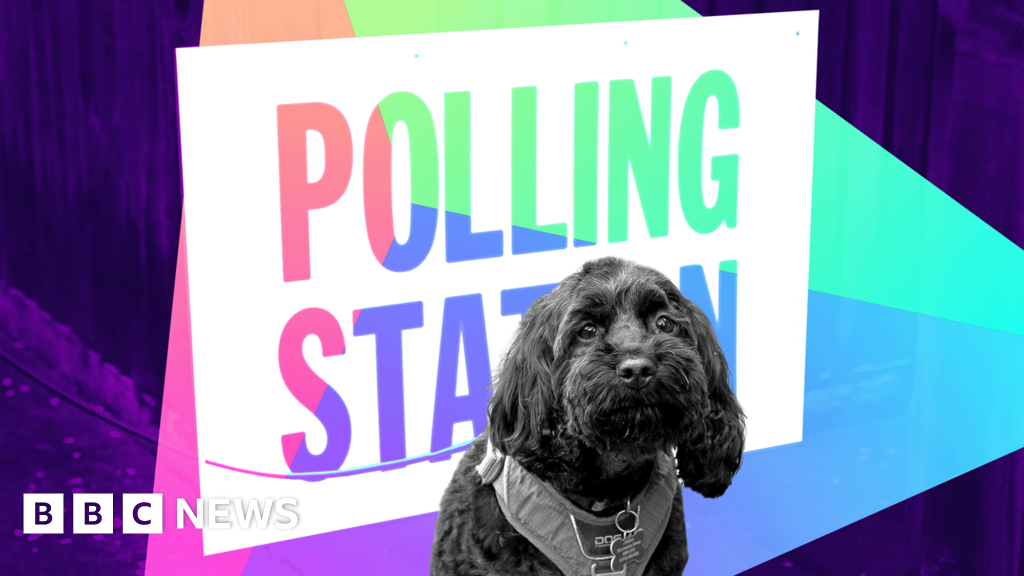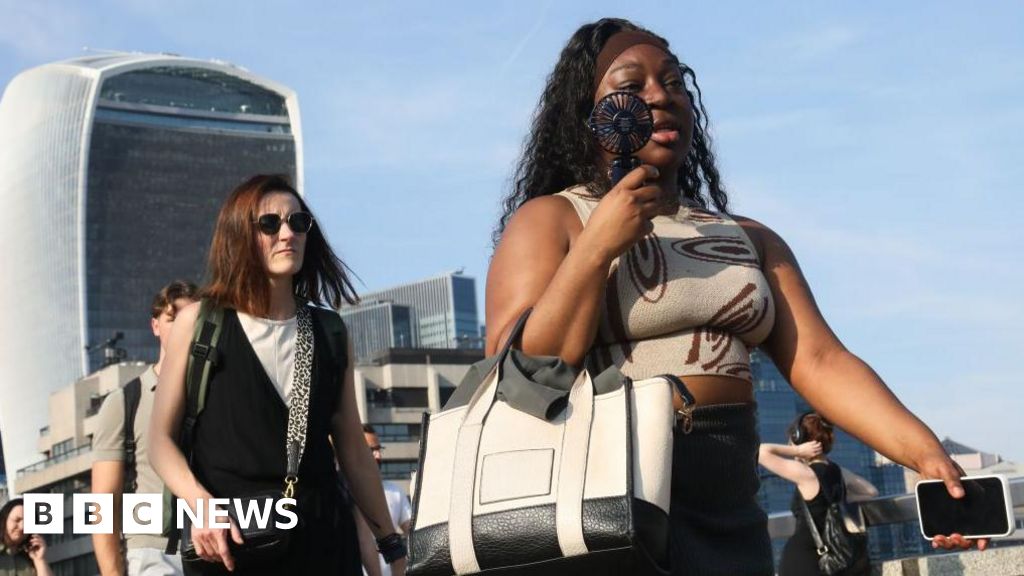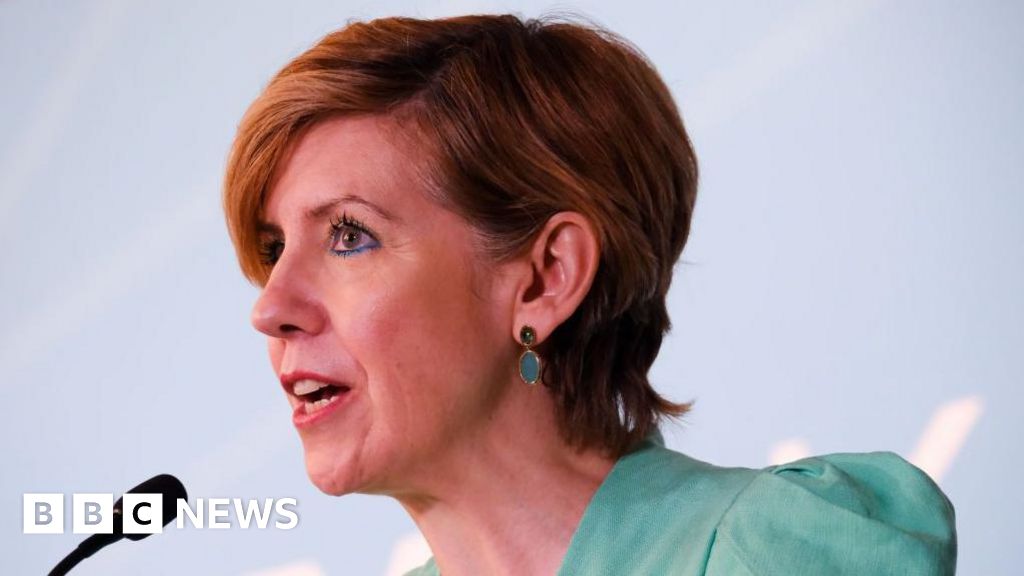ARTICLE AD BOX
By Reality Check team
BBC News
There have been long queues of lorries outside Dover at various points in January with some drivers taking to social media to share their frustration.
So, what has been causing these delays and how big a factor is Brexit?
How long have queues been?
According to Highways England, queues were stretching back six miles (10km) west of Dover - from the Roundhill Tunnel to the Western Heights Roundabout - at 12:00 GMT on 19 January.
There were also reports on social media of even longer queues, of up to 18 miles in Calais.
The increase in freight traffic at Dover has led to the Operation Travel Access Protocol (TAP) being used 15 times so far this year.
TAP is a set of traffic restrictions on the road leading to the Port of Dover and, when activated, lorries have to remain in the left lane of the A20, from the Roundhill Tunnel all the way to the port.
The Port of Dover says the queues were not estimated to be more than four to six miles long when its TAP was in place.
"These queues were not out of the ordinary and traffic was flowing smoothly through the port for much of the weekend," a Port spokesperson said.
What's been causing the queues?
On 1 January 2022, a raft of new UK measures for goods imported from the EU came into force.
This has led to additional checks in Dover where no checks existed before Brexit.
A spokesperson for Logistics UK, which represents hauliers, ferry companies, ports and customs agents, told Reality Check: "The queues we are seeing now result from the implementation of UK import requirements combined with volumes that are now picking up."
At the start of the year, when the new requirements came in, there were lorries arriving at the border without the right documentation.
Since then, the situation has improved but "a small percentage of vehicles arriving at the border have incorrect documentation [and] when volumes of traffic are high, this results in queues".
The Port of Dover told us that increased customs checks were "not the sole reason for queues".
It pointed to other factors including the volume of freight, work going on in the Port of Dover and a number of ferries being out of action.
A spokesperson told us that three ships were out for refitting last week, which is a quarter of the fleet. One of these will be returning this weekend.
Image source, PA Media
Image caption,Lorries queue on the A20 at Capel-le-Ferne for the Port of Dover in Kent, on 11 January 2022
What are the new checks at Dover?
From 1 January 2022, lorries taking goods from Great Britain to the EU, have to use the Goods Vehicle Movement System (GVMS), the UK government's new IT system, to get any goods through customs in ports that use it. This includes Dover and the Channel Tunnel terminal at Folkestone.
BBC trade correspondent Chris Morris has been told it's been taking about 15 minutes per vehicle to process the paperwork.
He says that's likely to get faster as people get used to the new system, but delays aren't going to disappear altogether. And that's a problem when the roll-on roll-off ferry operation is so time-sensitive.
A spokesperson for the UK government said: "It is untrue to suggest that that short term delays to freight movements at Dover last week were caused by new customs processes. The primary cause was ship-refitting, which reduces capacity across the short straits, and higher than expected freight volumes.
"The Goods Vehicle Movement System and other customs systems are online and working as planned. Indications since 1 January are that traders and hauliers are adapting very well to the new processes.
"We continue to monitor the situation closely and are engaging with industry groups and local stakeholders in Kent."
In addition, later this year the EU is introducing its Entry/Exit System, an automated IT system for registering travellers from non-EU countries, which could present further challenges to the Port of Dover.
What are the new checks at Calais?
As well as hauliers having to register on the GVMS, there are a number of other new checks on goods going in the opposite direction - causing potential problems and queues in Calais.
There have been long delays on some days, but not on others.
Since 1 January 2022, all EU goods entering Great Britain are subject to full customs declarations and controls. This means they must be presented to customs and the export declarations must be entered into HMRC systems to decide if any further physical checks are required.
There are additional requirements for those bringing into the UK:
They now have to provide an advance notice to the relevant bodies of their consignment's arrival into Great Britain.
Importers now also must have a supplier's declaration when issuing a statement on Rules of Origin. This proves where the products really come from and, if they had originated in the EU, the importer does not have to pay any additional tariffs (taxes).

 3 years ago
91
3 years ago
91








 English (US) ·
English (US) ·